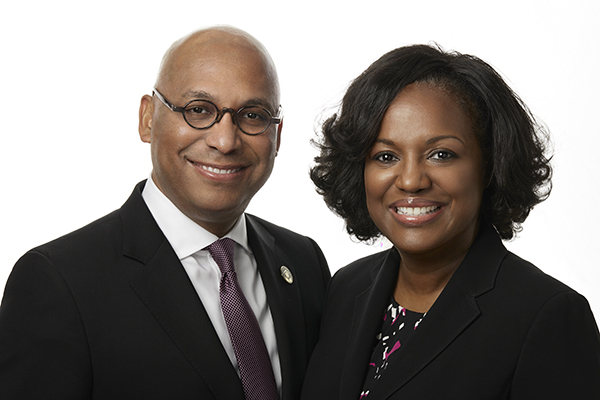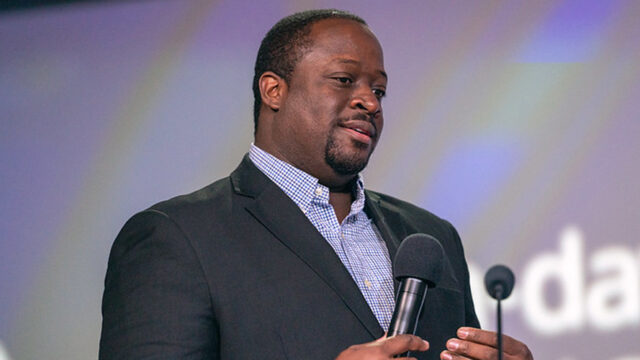What happens when the groom backs out of the wedding?

I was engaged to be married. My fiancé and I were only two sessions away from the end of our premarital counseling when he said he couldn’t go through with the wedding. After knowing him for 10 years and dating for two years, I thought he was the right one. Although we disagreed about several things, and there was often a nagging feeling that he was not sharing his true feelings, I expected that we would eventually get over those hurdles. Now he’s gone. I’m not sure I’m willing to take a chance on becoming emotionally vulnerable with another person again. I would appreciate your comments.
Thank you for being so transparent. We’re very sorry for the disappointment and pain you’ve endured, and the ambivalence about future intimate relationships this experience has left you with. These kinds of occurrences are almost always distressing and frequently leave individuals with post-traumatic stress disorder.
Marriage, of course, is a serious relationship designed by God with the happiness of the human race in mind. During Creation week God declared: “It is not good that man should be alone; I will make him a helper comparable to him” (Gen. 2:18*). Nevertheless, from the time sin entered the world, anxiety and blaming have been ever present in relationships between husbands and wives.
Despite the enormous difficulties and challenges faced by humans in marriage, it’s still the place—according to God’s plan—where the greatest intimacy and blessings are meant to take place between humans. Marriage appears in Genesis 1 and 2, as well as in the first miracle performed by Jesus in John 2. So marriage must be pretty important to God by the prominence it’s given in the Bible. Yet everything God made for our good, Satan attempts to destroy.
What you shared about the breakup of your relationship is very sad. Still, it isn’t unusual. Sometimes one or both of the two people planning to marry may get “cold feet” or spooked about something that was said in premarital counseling. What’s said in conversation may sometimes trigger a childhood memory that’s too big for a person to handle. Perhaps your fiancé experienced a moment in your discussion that was beyond his emotional capacity to manage. We urge you to find out what caused him to respond as he did and encourage him to see a Christian counselor to help him come to grips with whatever caused him anxiety.
Social scientific literature on marriage and divorce suggests that individuals who were raised in homes where their parents divorced tend to marry at much lower rates and divorce at much higher rates than their peers whose parents remained together in relatively healthy marriages. People who experienced the pain and trauma of their parents’ divorce also tend to become more anxious and heightened about differences of opinion in their intimate relationships when they become adults.
At this point, you may also want to consider a few sessions with a trusted Christian counselor who can help you manage the trauma this breakup has caused you. Also, remember God’s promise: “Fear not, for I am with you; be not dismayed, for I am your God. I will strengthen you, yes, I will help you, I will uphold you with My righteous right hand” (Isa. 41:10).
Remain hopeful.
* Bible texts are from the New King James Version. Copyright ã 1979, 1980, 1982 by Thomas Nelson, Inc. Used by permission. All rights reserved.








